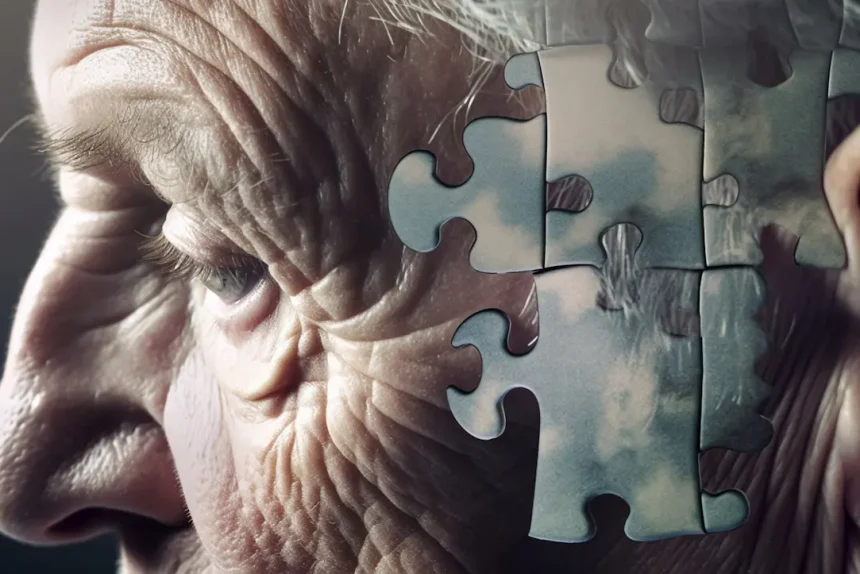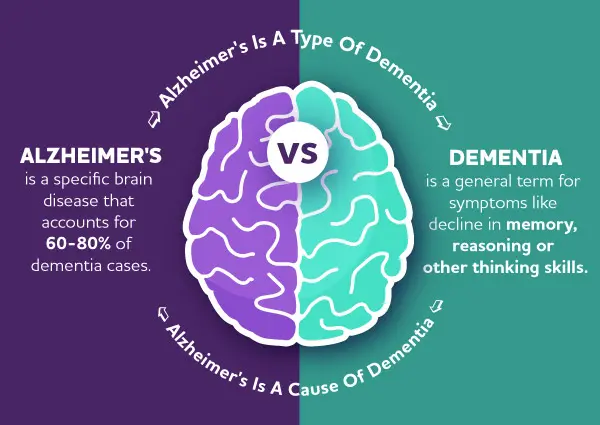Dementia refers to a set of symptoms affecting memory, thinking, and social abilities severely enough to interfere with daily life activities. It is an umbrella term rather than a single disease, often caused by various underlying conditions.
Understanding Dementia: Causes and Symptoms
Dementia stems from damage to or loss of nerve cells in the brain. One of the most common types is Alzheimer’s disease, but other illnesses can also trigger dementia symptoms.
Signs of Dementia Progression: An Overview
Symptoms of dementia vary widely depending on the affected brain region. Common symptoms include cognitive changes like memory loss, confusion, difficulty with communication or coordinating tasks, and psychological changes such as depression or anxiety.
What Stage of Dementia is Hallucinations?
Hallucinations often manifest during Stage 6 dementia symptoms, where cognitive decline becomes pronounced, requiring significant assistance with daily living activities.
Dementia Stages: Reisberg Scale Overview
The Global Deterioration Scale, also known as the Reisberg Scale, outlines dementia across seven stages from no decline to very severe cognitive deterioration.
- Stage 1: No noticeable cognitive change.
- Stage 2: Very mild decline, often mistaken for aging.
- Stage 3: Mild decline, with noticeable effects on daily activities approximately 7 years before dementia onset.
- Stage 4: Moderate decline; diagnosis typically occurs here.
- Stage 5: Moderately-severe decline, requiring assistance.
- Stage 6: Severe decline, marked by major personality shifts and substantial care needs.
- Stage 7: Very severe decline, where basic abilities are lost.
Severe Cognitive Impairment Examples and Management
Severe cognitive decline, noted as Stage 5 dementia, is a critical phase where individuals require aid with daily activities. Strategies for management include:
- Creating a safe environment by reducing fall risks and securing hazardous items.
- Maintaining a calm atmosphere to prevent agitation.
- Monitoring personal comfort to address basic needs like hunger or temperature.
- Providing exercise opportunities to stimulate physical health.
Dementia Treatments: Exploring Options
While some progressive dementias like Alzheimer’s lack curative treatments, symptom management and environmental adjustments can improve life quality. Additionally, conditions resembling dementia, such as infections or vitamin deficiencies, may be reversible with appropriate treatments.
Types of Progressive Dementias and Their Symptoms
Key types include:
- Alzheimer’s Disease: Known for cognitive symptoms like memory loss and confusion.
- Vascular Dementia: Typically noted for issues with problem-solving and focus rather than just memory.
- Lewy Body Dementia: Characterized by visual hallucinations and motor issues.
- Frontotemporal Dementia: Affects personality, behavior, and language abilities.
Mixed dementia cases can involve multiple types, complicating symptom presentation and treatment approaches.
Want detailed practice tips to ace the NBCOT® exam? Join now for full access!
What are the common symptoms of dementia?
Dementia symptoms can vary, but common issues include memory loss, confusion, difficulty in communication, coordinating tasks, and psychological changes like depression and anxiety.
At what stage of dementia do hallucinations typically occur?
Hallucinations often manifest during Stage 6 of dementia, characterized by severe cognitive decline and the need for substantial assistance with daily activities.
How is Alzheimer's disease different from other types of dementia?
While Alzheimer’s disease primarily involves memory loss and confusion, other types like Lewy Body Dementia involve visual hallucinations, and Vascular Dementia focuses more on problems with problem-solving and focus.
What are some management strategies for severe cognitive impairment in dementia?
Strategies for managing severe cognitive impairment at Stage 5 include creating a safe environment, maintaining calm, addressing personal comfort needs, and promoting physical activity.
Is there a cure for dementia, and what treatment options exist?
While progressive dementias like Alzheimer’s have no cure, symptom management and lifestyle adjustments can improve quality of life. Some dementia-like symptoms caused by conditions such as infections or vitamin deficiencies may be reversible.




